Top Considerations to Make Before Installing a Solar Roof

By Western Colloid.
Learn about what factors you should consider before putting solar panels on your roof.
These days, many building owners are looking to get solar onto their roofs. As the country puts more and more emphasis on integrating solar into our buildings, it’s important to give some thought to the challenges you may face.
Solar panel technology has improved greatly over the last few decades and with government incentives, it has become more cost-effective. Many building owners and operators have already performed solar retrofitting on their facility, with great success.
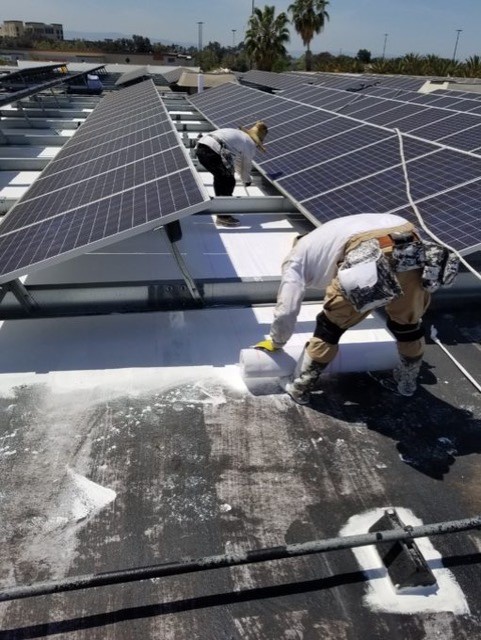
So, what should you think about when planning for it? Here are a few considerations to make:
Can your roof support the additional weight?
Structural limitations and orientation are a concern you should keep in mind. In general, about 40% of commercial buildings are unsuitable for solar because of structural limitations. When you decide to get a quote for a solar roof installation, reputable solar companies will confirm that your building can handle the additional weight of both the system itself and, for non-penetrating systems, the ballast used to secure them. Lucky for you, most of the rack systems being built today are extremely lightweight. But you should also bear in mind that some states and localities require a sign-off from a certified engineer before giving the project approval.
Too much shade on the roof
When getting a quote for a solar roof, contractors can tell you how much sun will reach the panels through the year, how many panels you need and the ideal orientation for them. If they find that your roof is too shaded, then a solar roof may not be worth the investment for you.
Roof surface installation concerns
During the installation of the panels, you could run into issues with improperly flashed penetrations. Anytime you cut into, penetrate or even set equipment on top of your roof membrane, you are damaging the surface of your roof. In addition to the solar contractor, your roofing contractor should be making sure these areas are properly protected and repaired during installation.
A fluid applied reinforced roof (FARR) system, like the ones Western Colloid offers, is a proven solution when dealing with a solar roof installation. It can be applied around the panels mounting hardware and using a product like elastic cement can further reinforce the joints between the coating and hardware to improve overall waterproofness, especially around equipment like solar panels.
Can solar panels themselves harm the roof?
Solar panels do generate heat and additional UV exposure for the roofing system. The roof takes a special kind of beating with the heat generated and most roofs are not equipped to handle it. In fact, it is necessary to make sure the installation of solar panels does not void your warranty.
What will happen if I need to re-roof once I have solar?
Modern solar panels are designed to last for decades as well as your building’s roof. However, it’s rare for the replacement of your roofing materials and your solar panels to coincide. This means, at some point, you will have to face the challenges of repairing or replacing your commercial roof without damaging your solar panels in the process. Many contractors cringe at the thought of bidding a roof that has solar panels already installed.
For many traditional roof systems, managing a retrofit with solar panels means removing the panels before replacing the roof. Sometimes even in those cases where removing the panels is necessary, it’s also costly and inconvenient. Many roofing contractors are not qualified in working with solar panels, so sometimes a second set of professionals is required. This can lead to an increase in costs and it can delay project schedules until the right teams are available.
Any time solar panels are removed or installed, there is a risk of damage, both to the panels themselves as well as to the roof below. No one wants to add further costs to an already expensive roof retrofit by adding additional work to repair panels and roofing materials. If solar panels are not properly reinstalled, the new roof can get damaged, reducing its lifespan and, in some cases, even void the roof’s warranty.
If your aging commercial roof does need a retrofit before a complete tear-off and replacement is the only option, then you do have options available to you that would allow contractors to complete the retrofit without removing the solar panels.
A good solution to consider is fluid-applied roofing systems that can be installed with solar arrays in place. A FARR system is one that can be directly applied over the existing roofing material. FARR systems are applied in liquid form, either as a spray, by roller or soft brooms. This makes them ideally suited to work around solar panels and their mounting hardware.
In fact, Western Colloid products provide a permanent seal around those roof penetrations we discussed earlier. With the ability to go over most substrates including EPDM, TPO, foam and BUR, Western Colloid can offer a solution that means less work for the contractors and better waterproofing for the building owner.
It is time for the industry to look beyond sheet-applied roofing and provide solutions, like fluid-applied roofing systems, that are a win-win, especially for building owners who want to install solar roofs.
Have a question? AskARoofer.
Find your local roofing contractor in the RoofersCoffeeShop® Contractor Directory.

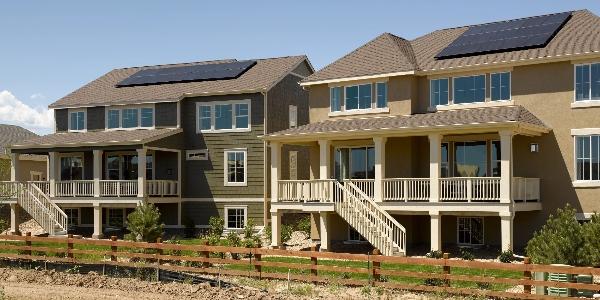



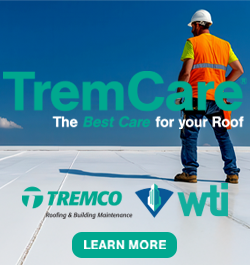

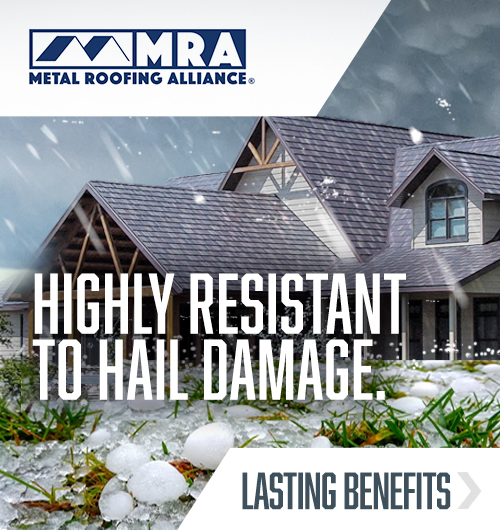
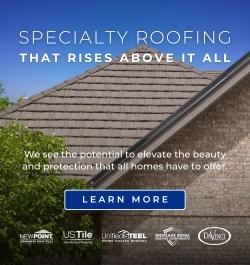

Comments
Leave a Reply
Have an account? Login to leave a comment!
Sign In